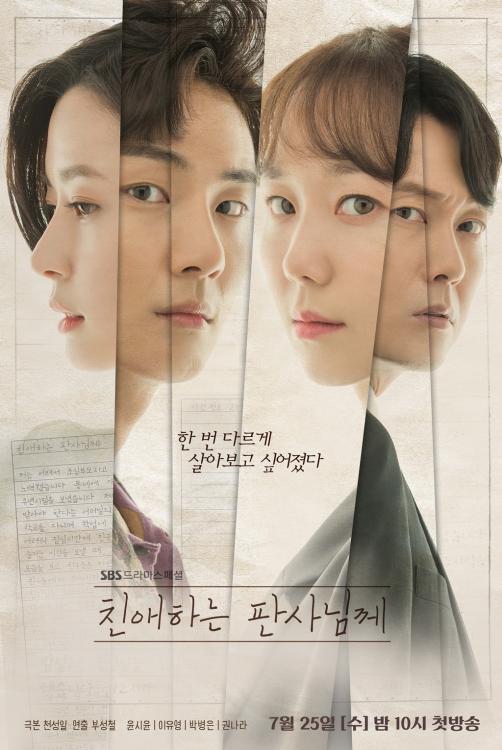
Vance, the word 'honor' was used 60 times. The Australian High Court itself has described the way to address its judges. Chief Justice, and may it please the Court.' The word 'honor' was used 45 times.

General Francisco started addressing the Court by ' Mr. Pennsylvania uploaded in the SCOTUS portal can be referred to.

There is no use of terms like 'My Lord' or 'Lordship' at all. As the Chief Justice SA Bobde pointed out, use of 'Your Honour' is prevalent in the Supreme Court of United States even today. To illustrate, the argument transcripts in the case of Little Sisters of the Poor vs. Senior Advocate Harish Salve appeared in the International Court of Justice last year and as per the transcript available, it is seen that he had mostly addressed the court as 'honourable President and honourable Judges'. Such a trend i s seen in some High Courts. Though 'Your Lordship' is a common form of addressing Judges of Supreme Court and High courts even now, despite the BCI Rule disapproving it, there is a practice among lawyers to use 'Your Lordship' in the prayer portion of writ petitions as well. Lawyers Use 'Your Lordships' even in pleadings Such move was taken "to honor the mandate of equality enshrined in the Constitution of India".
YOUR HONOR IF IT PLEASE THE COURT FULL
The notice was issued following a unanimous resolution taken by the Full Court in a meeting held on 14th July. Last year, Rajasthan High Court issued a notice requesting lawyers and those appearing before the judges to desist from addressing the Hon'ble Judges as "My Lord" and "Your Lordship". Nair Radhakrishnan had recently addressed a letter to the officers of district judiciary including members of Registry, expressing his desire to be addressed as "Sir" instead of "My Lord" or "Lordship". The Chief Justice of Calcutta High Court, Thottathil B. Earlier this year, Justice S Muralidhar had formally requested the lawyers that they may try and avoid addressing him as 'your lordship' or 'my lord',". Chandru of Madras High Court had in 2009 asked the lawyers to refrain from using 'My Lord'. Requests By Individual Judges Not To Use 'My Lord' And 'Your Lordship' Reportedly, the Court had dismissed the PIL observing that it was a matter to be decided by the BCI as how the Judges should be addressed.įollowing this, in 2007, the Kerala High Court Advocates' Association had unanimously resolved to stop addressing judges as 'My Lord' or 'Your Lordship'. However, the judgment/order dismissing this PIL on 6 January 2006 could not be accessed. Interestingly, this resolution was taken by Bar Council after considering the observations made by the Supreme Court while hearing a PIL filed by Progressive & Vigilant Lawyers Forum. It is evident from the above Rule that the Bar Council of India has disapproved the use of "My Lord" and "Your Lordship" and has prescribed the use of "Your Honour" or "Hon'ble Court" or "Sir" to address judges. Thus the Rule prescribe the use of "Your Honour" or "Hon'ble Court" in Supreme Court & High Courts and "Sir" or equivalent words in the Subordinate Courts and Tribunals. The explanation further states that the words "My Lord" and "Your Lordship" are relics of Colonial post. Explanation: As the words "My Lord" and "Your Lordship" are relics of Colonial post, it is proposed to incorporate the above rule showing respectful attitude to the Court. Exercising these powers, the Council resolved as follows: Consistent with the obligation of the Bar to show a respectful attitude towards the Court and bearing in mind the dignity of Judicial Office, the form of address to be adopted whether in the Supreme Court, High Courts or Subordinate Courts should be as follows: "Your Honour" or "Hon'ble Court" in Supreme Court & High Courts and in the Subordinate Courts and Tribunals it is open to the Lawyers to address the Court as "Sir" or the equivalent word in respective regional languages.

Section 49 of the Advocates Act empowers the Bar Council of India to make Rules. On, the Bar Council of India published its resolution in the Gazette of India which read as follows: These are some of the appropriate way of expression which are accepted,", the bench reportedly told the lawyer while it dismissed the PIL without stating any reasons.

You can only call us in a dignified manner. He contended that these terms are symbols of slavery should be strictly prohibited to be used in the courts throughout India as it is against the dignity of the country." On 6 January 2014, the Supreme Court bench comprising the then CJI Justices HL Dattu and SA Bobde heard and dismissed a PIL filed by a lawyer, Advocate Shiv Sagar Tiwari who sought a ban on using the words 'my lord' and 'your lordship'. 'My Lord', 'Your Lordship' Not Mandatory, Use Dignified And Respectable Way of Addressing


 0 kommentar(er)
0 kommentar(er)
